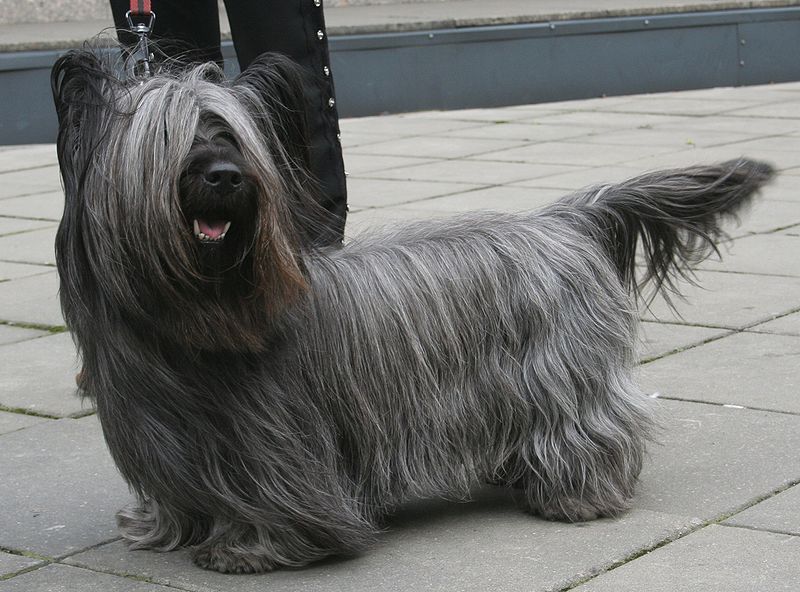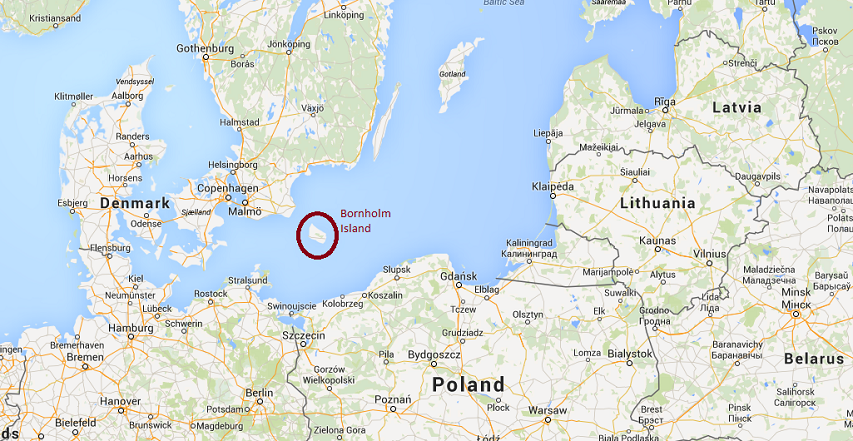Rosie Cima looks at the complex relationship between humans and dogs … dog breeds, that is:
Meet the Skye terrier. Named after the Scottish Isle of Skye, he’s one of the oldest terriers in the world — with a lineage tracing back to the Middle Ages. He’s also been a very popular dog in his day. Queen Victoria kept several as pets starting a fashion trend. Mary, Queen of Scots kept one, which hid under her skirt at her execution. Famously loyal, “plucky but dignified”, and an important cultural icon, this is the kind of dog people erect statues of. In fact, they have.
Want one? Better act fast: the breed could go extinct in your lifetime.
Skye terrier breeders are doing their best to change the tide, but things don’t look good. The global population is between 3,500 and 4,000, making the once-common breed one of the rarest in the world. Skye terriers are rarer than red pandas. In the UK, there were only 17 puppies of the Skye terrier breed registered in 2013. Breeders say they need 300 births a year to maintain a healthy population and avoid complications from inbreeding.
How did this happen?
For most of human/canine history, dog breeds evolved gradually, alongside human society, to fill different functional roles as they were needed. If a society or economy shifted, and the role was no longer needed, the breed ceased to exist. Those dogs were either bred for a different purpose or were subsumed into the general dog population.





